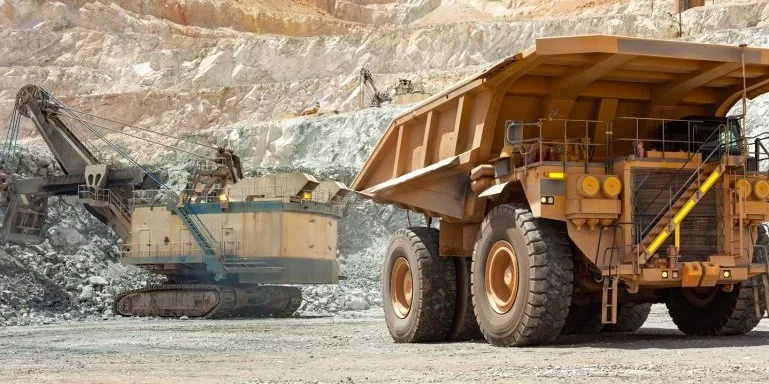
The global push to reduce carbon emissions and achieve net-zero targets by 2050 has significantly increased demand for transition minerals, particularly lithium.
Known as “white gold,” lithium is a vital component of rechargeable lithium-ion batteries, which power a wide range of devices from smartphones to electric vehicles (EVs).
According to the latest U.S. Geological Survey (USGS) report on lithium statistics, global lithium consumption in 2023 was estimated at 180,000 tons—marking a 27% rise from the revised figure of 142,000 tons in 2022.
Australia, Chile, and China dominate the global lithium supply, accounting for 90% of production in 2022. However, Africa, with approximately 5% of the world’s lithium ore reserves, holds untapped potential in the growing lithium sector.
South African President Cyril Ramaphosa recently expressed interest in collaborating with Nigeria to harness critical minerals, particularly lithium, to advance the green energy transition and develop EV battery production. He emphasized Nigeria’s significant lithium reserves as a cornerstone for industrialization in the EV sector.
Similar to Nigeria, other African nations are diversifying their economies by transitioning from oil dependency to alternative revenue sources, with mining playing a pivotal role. However, environmental concerns remain prevalent as mining activities often cause significant ecological damage.
Major Lithium Mining Sites in Africa
Mining Review Africa has identified 10 major lithium mining projects across the continent:
| S/N | Country | Mining Project |
|---|---|---|
| 1 | Zimbabwe | Arcadia |
| 2 | Zimbabwe | Bikita |
| 3 | DR Congo | Manono |
| 4 | DR Congo | Manono Tailings |
| 5 | South Africa | Blesberg |
| 6 | Mali | Goulamina |
| 7 | Zimbabwe | Zulu |
| 8 | Ghana | Ewoyah |
| 9 | DR Congo | Gangfeng |
| 10 | Namibia | Karibib |
Zimbabwe leads in Africa’s lithium production, ranking among the world’s top 10 producers. The country’s vast reserves and production capabilities solidify its dominance on the continent.
Nigeria, a relatively new entrant to the lithium sector, discovered commercially viable deposits in 2018. The country commissioned its first lithium processing plant, established by Chinese firm Avatar New Energy Materials, in May 2024.
Following this milestone, the Nigerian government approved two additional mining companies—El Thahadat, operating in Kwara and Kebbi states.
Another player, Hasetins, is set to inaugurate its rare-earth processing plant, primarily focusing on tantalum, in the Federal Capital Territory (FCT) by December 2024.
Africa’s lithium potential represents a key opportunity to contribute to the global clean energy transition. However, sustainable mining practices must be prioritized to address environmental concerns and ensure that the continent benefits equitably from its vast resources.
As demand for lithium continues to rise, Africa’s role in the global supply chain will likely expand, making it a critical player in the renewable energy and EV industries.





